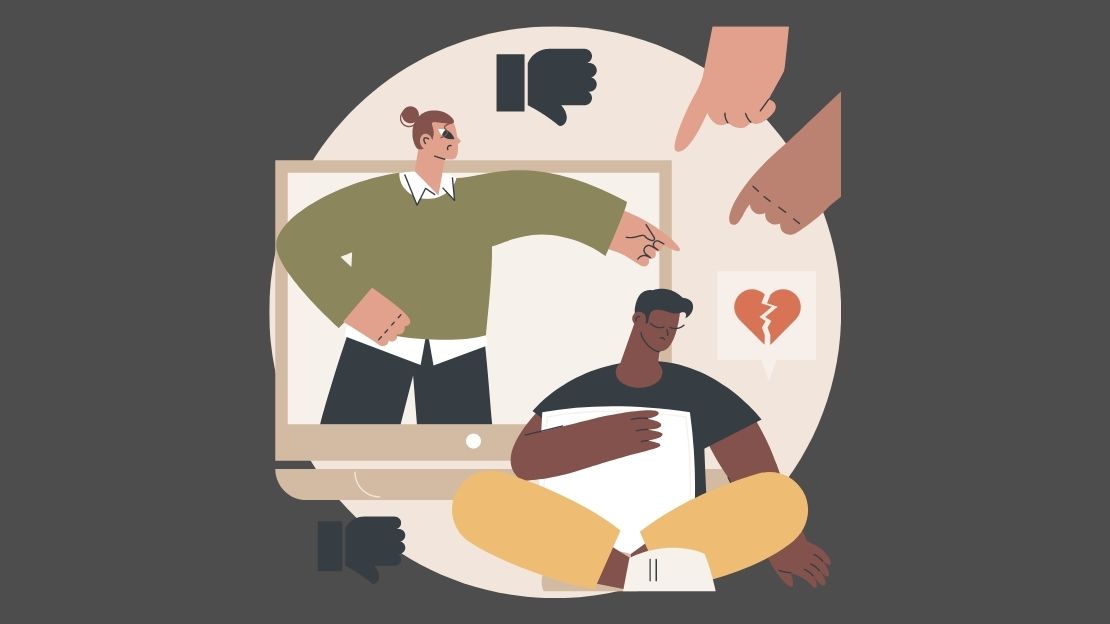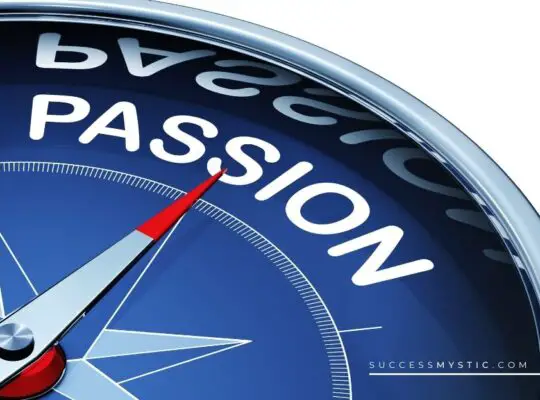Are you an empathetic person? Humans are born with empathetic tendencies. The ability to use empathy to connect with other people in a meaningful way improves communication, life satisfaction, and success.
Everyone can learn to improve their empathy skills and, in doing so, improve their lives and the lives of others.
Learning Empathy
According to a paper published in The American Journal of Pharmaceutical Education, learning empathy skills has many benefits. Through a combination of explanations, examples, and practice, people can improve their empathy skills. Learning empathy skills helps people:
- Improve Communication
- Strengthen Relationships
- Be Leaders
- Succeed
Effective communication is the key to healthy interpersonal relationships. When people have empathy for each other, they build trust and respect for each other. Leaders use empathy skills to understand and motivate groups of people. Success in life often depends on the relationships a person has, which can be strengthened and improved with empathy.
Empathy Skills
Empathy builds connections. For someone to feel connected to you, they need to feel understood. Empathy skills help you create a connection and grow trust.
Professors at Hunter College teach these empathy skills:
- Be Present
- Active Listening
- Non-verbal Cues
- Pause
- Ask Questions
- Use “we” not “me”
Empathy requires being present in the space you and another person are sharing. To connect with someone, you need to be focused on the conversation you are having with them, not on what else is happening in your life or going on around you. Being present is a mindset that helps you connect with yourself and others.
Active listening is non-judgmental. When you actively listen to someone, you don’t assume you understand how they feel.
Instead, you frame your responses by:
- Reflecting
- Affirming
- Encouraging
Reflecting is repeating what someone said and asking if you’ve expressed what they meant. Affirming shows that you respect what they are saying when you respond positively. Encouraging the other person to explain or expand on what they’re saying encourages them to be open and honest.
Communication is both verbal and non-verbal. People may express how they feel with non-verbal cues such as:
- Eye Contact
- Fidgeting
- Body Language
- Tone of Voice
People will often look someone in the eye when they tell the truth or express a deep feeling or thought. When a person fidgets, it may be a sign they are uncomfortable or worried about your reaction to what they are saying. Body language has many nuances, including how a person stands, sits, or holds their arms. Tone of voice is just as important as what someone is saying. “You’re late” can show anger or worry depending on the tone of voice used.
The pause is a technique used to stop yourself from interrupting someone else. Letting the other person finish explaining their thought builds understanding, respect, and trust.
Too often, people immediately look to solve another person’s problem. Great leaders know that empathy doesn’t mean fixing everything for others. Instead, empathy supports other people by showing understanding first. Don’t start giving advice before you ask questions to clarify and understand what another person is saying.
Advice and solutions only work if a person believes in them. Telling someone what to do may make them feel they don’t have the skills or abilities to solve their problems. By working together, you can help and encourage people to learn and grow. Sharing your experiences should help them find ways they can succeed, not make them feel like you will solve their problems for them.
When you interact with other people, empathy skills are necessary for effective communication. You can improve your empathy skills by being present, actively listening, and paying attention to non-verbal cues like tone of voice. By pausing, asking questions, and working together instead of fixing things, you build trust and empathy to help you and others succeed.







